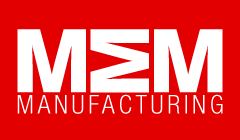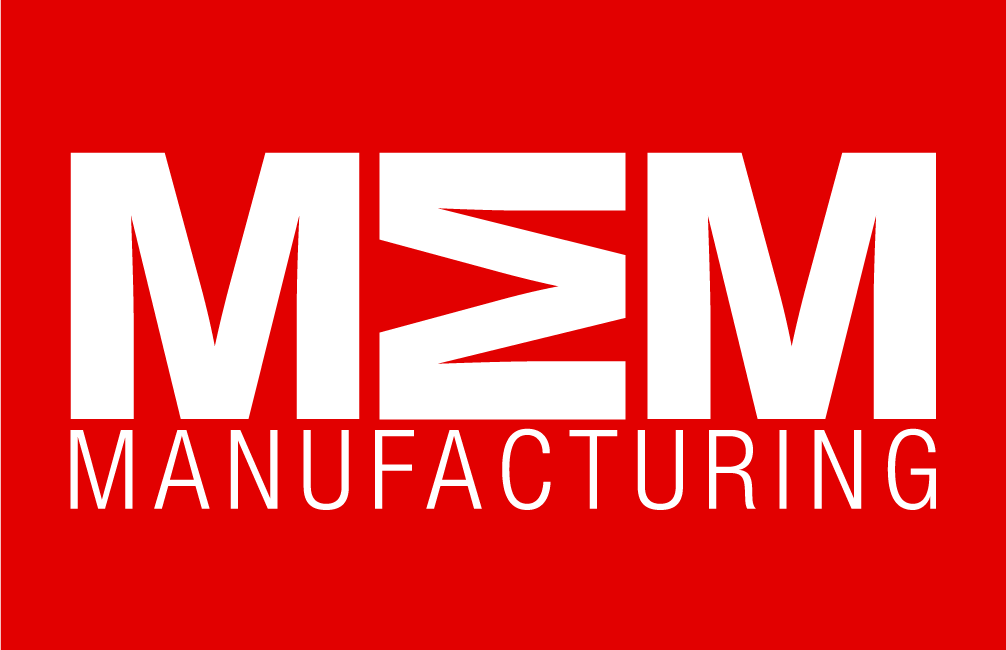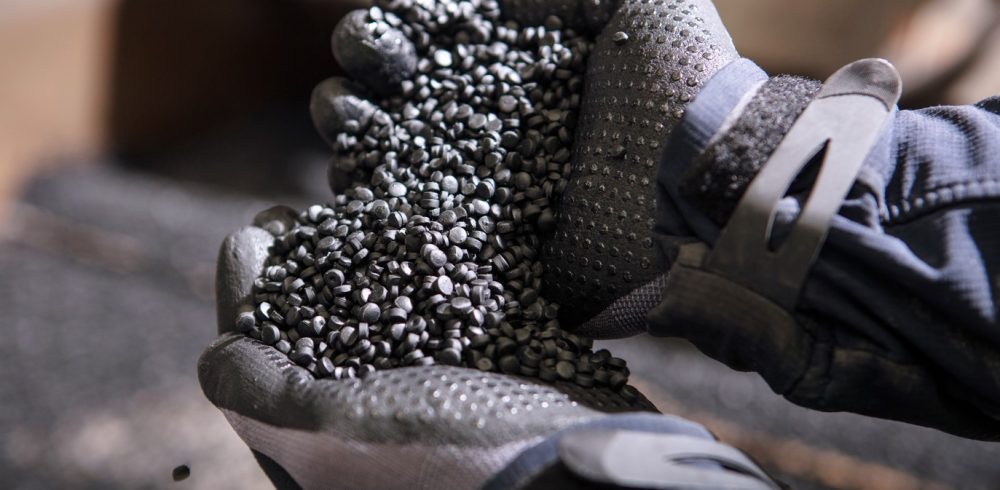While market innovation, consumer demand and the emergence of electric vehicles (EVs) has put sustainability high on the agenda for automotive manufacturers (OEMs) in recent years, the arrival of new regulations is set to accelerate this markedly.
As car makers have looked to improve the fuel efficiency of their new vehicles and designs have become more advanced, OEMs have increasingly opted to swap out heavier metal components for lighter, plastic alternatives.
In fact, the use of plastic has increased so considerably that up to 50% of the volume of the average modern car is now comprised of various high-performance polymers.
To reflect this, a new draft of the EU’s ELV Directive will soon require OEMs to use 25% recycled plastic (of which 25% is to be from recycled ELVs) to build their vehicles.
Meeting the demands will mean accessing circular supply chains for as many of their most-used plastics as possible – in particular, acrylonitrile butadiene styrene (ABS).
ABS provides a number of benefits when compared with other plastics – such as polypropylene (PP) – including strength, stiffness and the ability to achieve a more aesthetic finish.
It can also be modified to cope with higher heat applications and – when used as a substrate – can even be chromed, as it adheres well with a range of other plastics and metals.
Unfortunately, recycled ABS is negatively impacted by even the tiniest particles of wood, metals, other plastics and even dust. MBA Polymers UK’s state-of-the-art processes and decades of experience enables our teams to produce high-quality polymers, adjusted to the exact specifications of our customers.
This begins from the moment feedstock arrives on site with a series of density separation process extracting the plastics we require – and nothing else.
Yet, for the industry to achieve the volumes of recycled plastics the updated ELV Directive will demand, there must be a step change in the quantities of recyclable material available.
On average, the industry is currently only capturing something like 19% of the plastic in each end-of-life vehicle (according to Plastics Europe) either because components are too hard to dismantle, the right processing technology isn’t available, or the plastics being used are tightly glued to other hard-to-recycle materials.
It’s one reason why there’s currently a global shortage of recycled ABS.
MBA Polymers UK is uniquely placed to overcome these challenges and ramp up production. We partner with vehicle manufacturers from day one to design with end-of-life in mind, to help drive up the availability of recycled plastic.
We’re also part of the EMR Group – providing us with access to advanced recycling expertise, infrastructure, and feedstock – maximising the material our teams can recycle and reducing the risk of contamination.
Manufacturers switching away from virgin plastics to recycled alternatives want to know that the materials they receive will be consistent every time and the scale of our operation puts us in a great position to deliver on this.
With the ELV Directive mandating that a quarter of all recycled plastics in new cars be derived from ELVs, MBA Polymers is already developing much-needed closed-loop supply chains, including a new dedicated car bumper recycling line at its facility in Wimblington, Cambridgeshire.
Taking this one step further, MBA Polymers signed a pioneering agreement with OPMobility last year to use the highest quality materials from this new line to create car bumpers in the next generation of Jaguar Land Rover vehicles.
As the sector stands on the edge of such a significant change, there are those seeking a ‘get out clause’ by recommending the ELV Directive’s targets include post-industrial plastics. The majority of post-industrial plastics – sourced from material rejected during the industrial process – should already be recycled so allowing it to be represented in the ELV targets would represent a significant step back.
Policymakers, consumers and other stakeholders supporting the aims of the ELV Directive want OEMs and recyclers to, instead, use this updated draft as a catalyst for transforming vehicle manufacturing going forward.
At MBA Polymers UK, our mission is to help the industry meet and exceed these expectations.
Notes to editors
MBA Polymers UK takes plastic bound for landfill or incineration and transforms it into high-quality, recycled polymers.
As businesses and policymakers focus on creating more sustainable, circular supply chains, MBA Polymers UK offers a unique solution to some of the most complex plastic streams found in products ranging from cars to hairdryers. These include durable, engineering plastics such as acrylonitrile butadiene styrene (ABS) and polypropylene (PP).
Through a series of processing stages, MBA Polymers UK has the ability to produce a recycled polymer to the same specification as the original part, closing the recycling loop by reprocessing many tonnes of post-production waste each week, which would have otherwise been sent to landfill.
Its recycled plastic is the first to achieve the Carbon Trust’s Lower CO2 Certification with its products offering a reduction of between 75% and 86% compared to virgin equivalents, according to an independent Life Cycle Assessment (LCA).
Manufacturing & Engineering Magazine | The Home of Manufacturing Industry News















